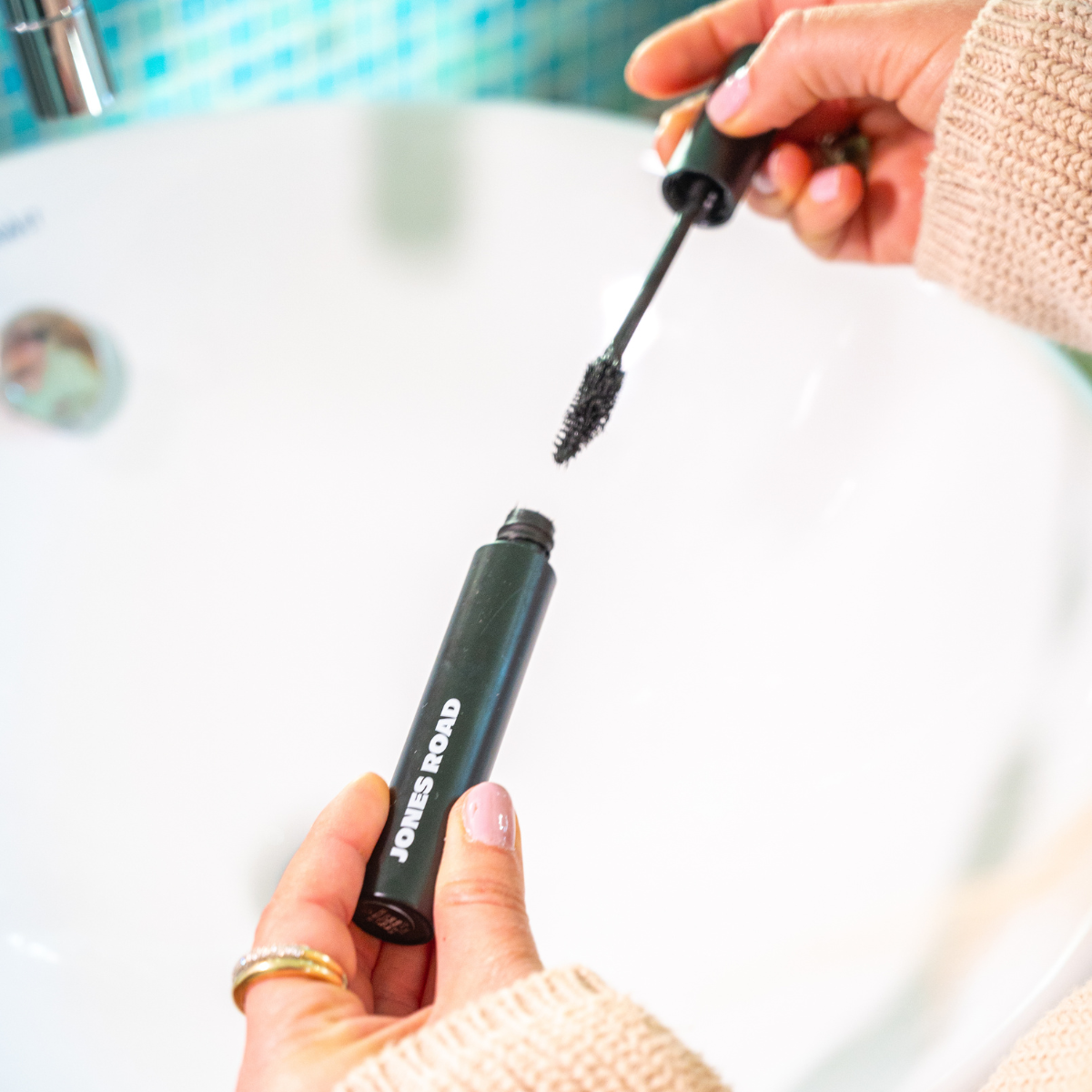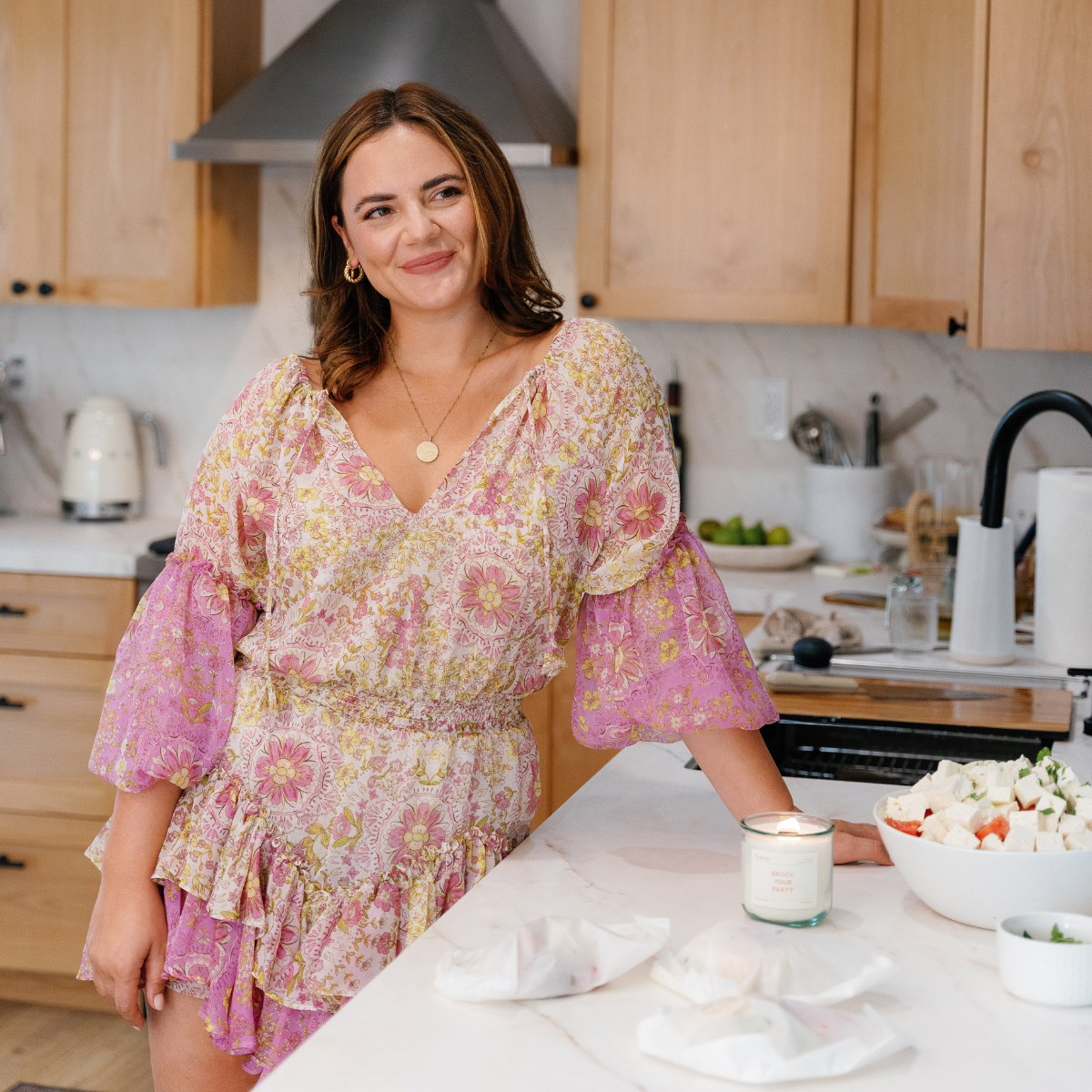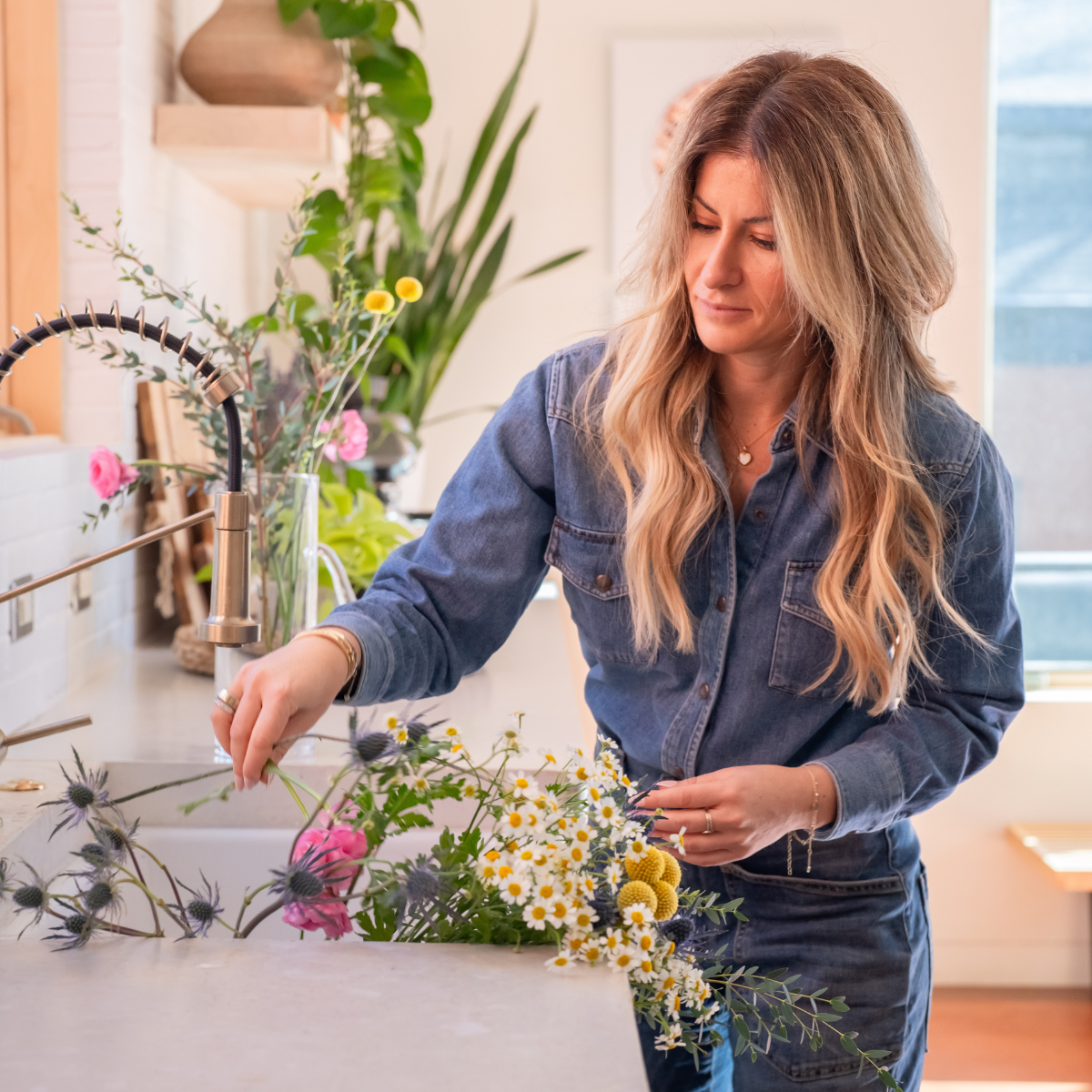Elizabeth welcomes Seth Goldman, well-known figure and a pioneer in the world of sustainable and mission-driven brands. First, Seth takes us on a journey back to 1998 when he launched the very first organic and Fairtrade tea, "Honest Tea." He talks about the ups and downs of selling to Coca-Cola, which eventually discontinued the line last year. Seth shares his relaunch of the brand as "Just Iced Tea”, the value of enjoying the journey and the profound impact that what you put on your fork has on both your own health and the climate. Seth talks about his new brand Eat the Change and its mission to make a positive impact on the planet by promoting sustainable food choices and reducing the carbon footprint of the food industry.
Podcast
Eat the Change, Learning From Honest Tea and Embracing the Journey
with Seth Goldman

Mix & Match











